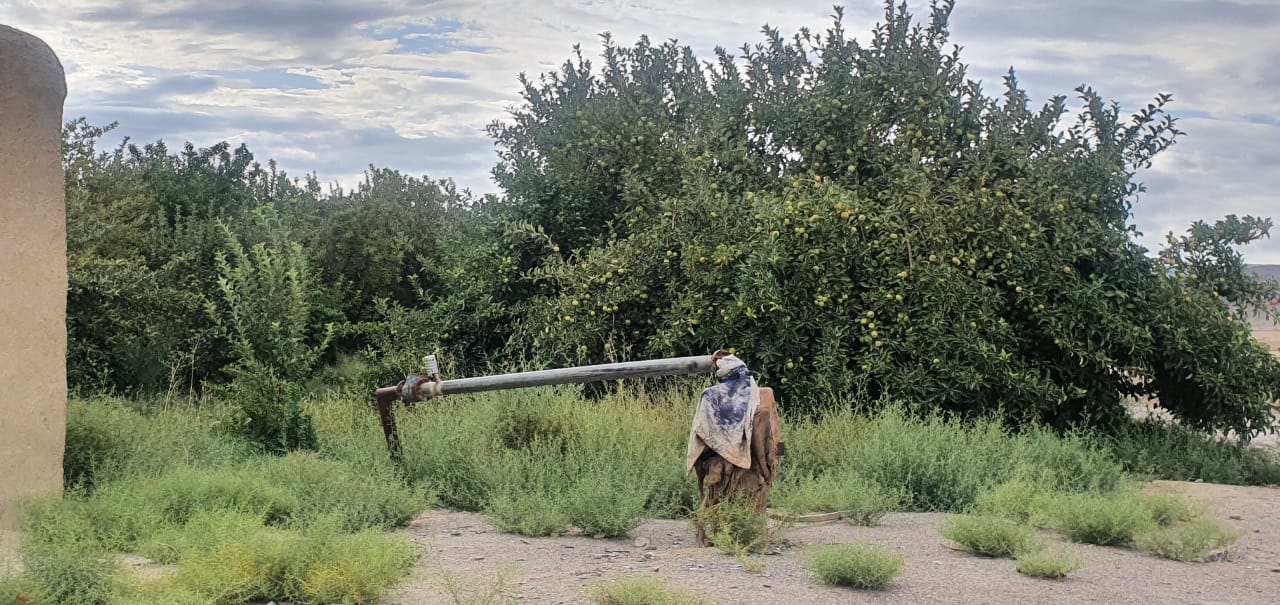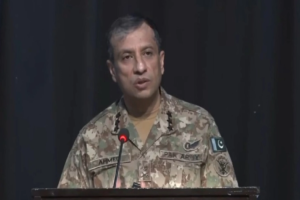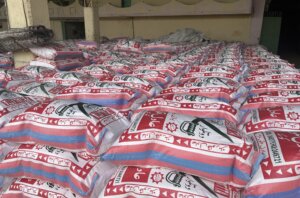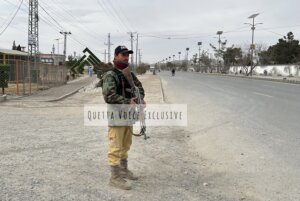News Desk:
QUETTA: Reliable official sources reveal that ongoing review meetings between the International Monetary Fund (IMF), Pakistan, and the four provincial governments are focusing on reforms in agricultural income tax. The IMF has long urged Pakistan to reduce non-developmental expenses, prioritize health and education sectors, and avoid provincial budget deficits to achieve economic stability.
In the wake of the 18th Amendment, provinces are responsible for collecting income tax on agriculture. The IMF insists that provincial governments should align their agricultural income tax systems with the federal income tax regime. The aim is to improve public revenue by integrating and enhancing the agricultural tax framework. Sources indicate that these necessary amendments to the Agricultural Income Tax Act should be completed promptly, with a new regime potentially being implemented by 2025.
The IMF emphasizes the need to increase tax revenue from the agriculture sector, highlighting that although agriculture contributes 23 percent to Pakistan’s GDP, the tax collected from this sector is minimal. The international organization believes that significant potential exists to increase tax collection from agricultural incomes, which would aid provincial economic conditions and reduce financial deficits.
In 2015, Balochistan collected only 43 million rupees in agricultural income tax, a figure deemed insufficient by the IMF. Implementation of the new tax regime is expected to stabilize Balochistan’s economy by bringing high-income earners within the tax net. This policy could enhance provincial revenues and address economic challenges.
The IMF asserts that with collaborative efforts, Pakistan and its provinces can enhance tax revenues from agriculture, thereby contributing to the nation’s broader economic stability.






